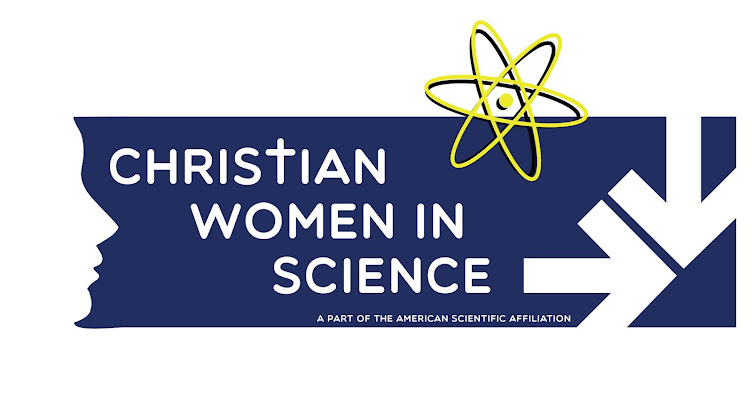Current research trends in science resemble the early 21st century’s financial bubble.
What would happen if scientists weren’t rewarded for the long-term reproducibility and rigor of their findings, but rather became a factory that produced and published highly exciting and innovative new discoveries, and then other scientists and companies spent resources on the follow up studies and took all the risk?
Just as banks in 2008 made money from selling the loans, not holding the loans, the quality of the loan ceased to be meaningful to them. Likewise, once published, the innovators of novel science often move onto the next new innovation, and because of publication bias and the “file drawer effect,” we never hear about it if their findings fail in the hands of others. Of course, reputations for good work affect scientists as much as anyone else, but one or two “real” advances by a researcher will erase any downside to even a litany of other findings that disappeared into the trash pile of time since no one else can reproduce them. Indeed, in a now famous report from Bayer Pharmaceuticals, 65 percent of published scientific findings were not reproducible by Bayer scientists when they tried to use them for drug development.


No comments:
Post a Comment